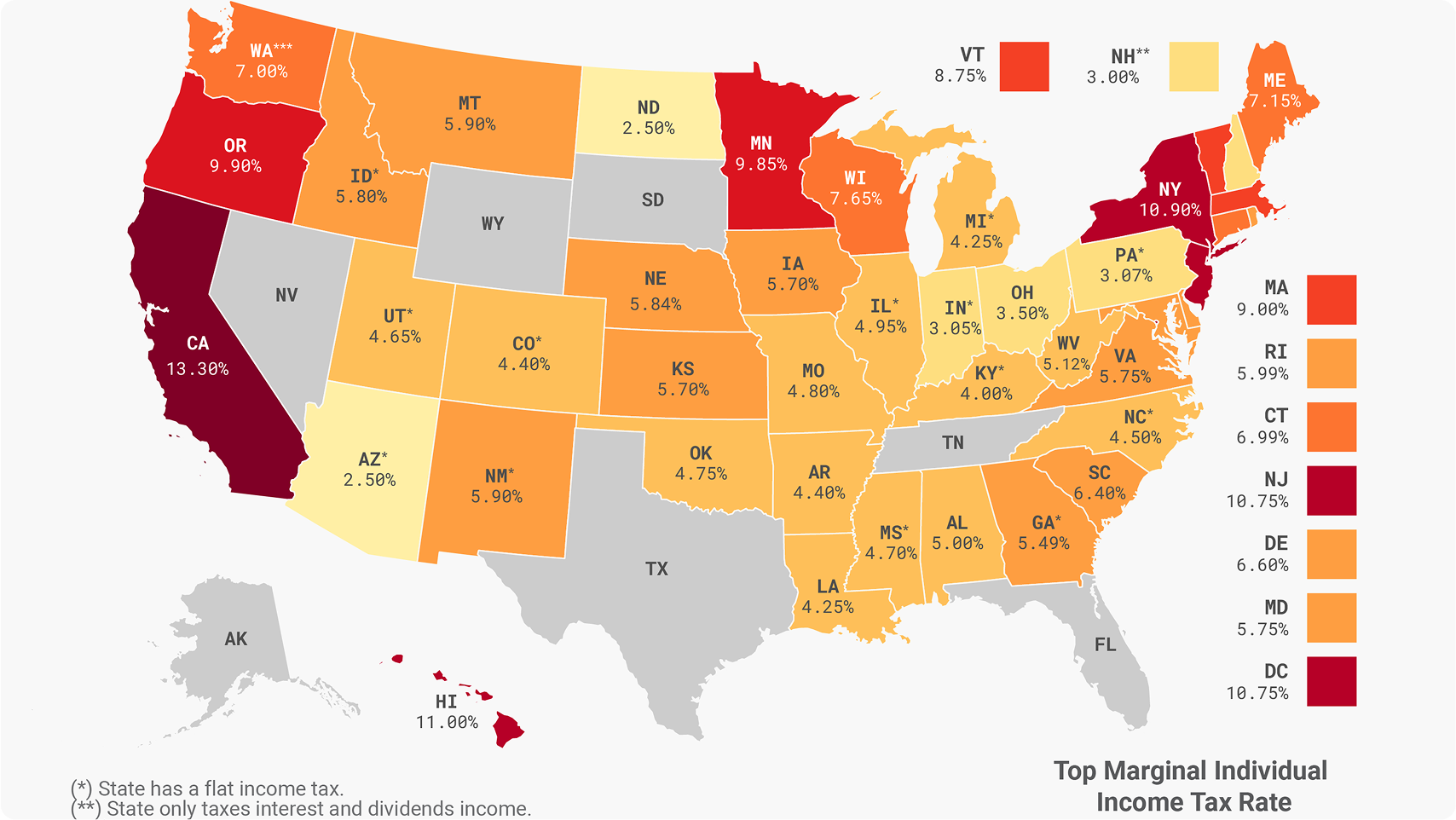As Californians continue to grapple with high living costs, Assembly Republicans have introduced a series of legislative proposals aimed at alleviating financial burdens on residents. Their newly unveiled cost-of-living package seeks to lower gas prices, reduce taxes on tips, and provide tax credits for low-income renters. While these measures promise relief for many struggling families, they face an uphill battle in California’s Democratic-controlled legislature.
Key Proposals: Addressing Gas Prices, Rent, and Taxes on Tips
One of the central issues targeted by the legislative package is high gas prices, which have long been a concern for commuters across the state. Assembly Bill 12, co-authored by Assemblymember Tom Lackey (R-Palmdale), proposes repealing California’s low-carbon fuel standard, a policy that critics argue contributes to higher fuel costs. Proponents of the bill contend that eliminating this regulation could prevent projected gas price hikes of up to 47 cents per gallon in 2025 and an average of 65 cents per gallon between 2031 and 2035.
Another notable proposal, Assembly Bill 1443, introduced by Assemblymember Leticia Castillo (R-Home Gardens), seeks to make tips tax-exempt for service workers, including bartenders, barbers, and rideshare drivers. Supporters argue that eliminating taxes on tips would provide financial relief for low-income workers who rely on gratuities as a significant portion of their income. The idea of tax-free tips has gained traction nationally, with both former President Donald Trump and Democratic presidential nominee Kamala Harris having expressed support for similar measures during the 2024 election.
Tax Cuts and Relief for Renters
With housing affordability remaining a crisis in California, Assembly Bill 838, introduced by Assemblymember Tri Ta (R-Westminster), aims to provide tax credits to low- and middle-income renters, particularly those earning $25,000 to $50,000 per year. Given that California has some of the highest rental prices in the country, Republican lawmakers argue that this bill would provide meaningful relief for struggling households.
Republicans are also pushing for a broad-based personal income tax cut. Assembly Bill 121, introduced by Assemblymember Greg Wallis (R-Bermuda Dunes), proposes a 1% reduction in personal income tax rates, lowering the current rate from 4% to 3%. Advocates of the bill believe it would encourage residents to remain in California rather than relocating to lower-tax states.

Challenges in a Democratic-Led Legislature
Despite the potential benefits touted by Republican lawmakers, these bills face significant opposition in California’s Democratic-majority legislature. Many Democrats argue that repealing fuel regulations could undermine the state’s environmental goals, while others question whether tax cuts for tips and lower personal income tax rates would disproportionately benefit certain economic groups without addressing broader systemic affordability issues.
At the same time, Democrats have introduced their own affordability-focused proposals, including measures to expand food benefits under CalFresh, increase free medical screenings for low-income students, and provide housing assistance for foster youth and homeless individuals.
Conclusion
The Assembly Republicans’ cost-of-living bills offer bold solutions to address some of California’s most pressing economic concerns, from rising gas prices to excessive taxation on working-class individuals. However, given the partisan divide in Sacramento, their success remains uncertain. As the debate unfolds, California residents will be watching closely to see whether any bipartisan compromises emerge to ease the financial strain on families statewide.



























